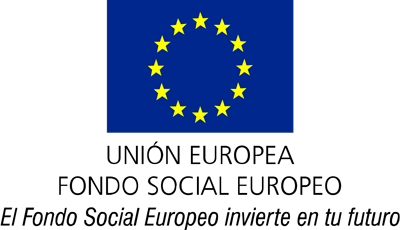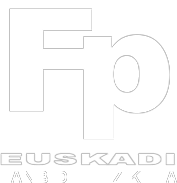In the validation process of composite materials, increasingly present in everyday life, one of the most widely used procedures is ultrasonic study. Manufacturers of aeronautical parts, maintenance services and airline operators, among others, use Phased Array ultrasound technology to ensure the quality of their composite parts during maintenance and manufacturing.Composite materials are not homogeneous, so this results in a number of difficulties that are not present in metallic materials. In addition, the manufacturing processes of this type of parts, unlike metallic materials, have their own particularities, so the defects and traces that can occur are different and specific. We will also have to take into account the fabrics used (both materials and types) and the resins, according to which we will have to parameterize the machine. In this course, vocational training teachers will learn about Phased Array ultrasonic technology and will have the opportunity to analyze specimes of different materials, including composite materials, by non-destructive testing methodology.
Duration:
16.00 hours
Place:
TKNIKA
People availability:
8 people
Language:
Bilingual: Basque, Spanish
| DAYS | HOURS | DATE | SCHEDULE | MODALITY |
|---|---|---|---|---|
| 1 | 4,00 | 27-04-2021 | 15:30-19:30 | In presence |
| 2 | 4,00 | 28-04-2021 | 15:30-19:30 | In presence |
| 3 | 4,00 | 29-04-2021 | 15:30-19:30 | In presence |
| 4 | 4,00 | 04-05-2021 | 15:30-19:30 | In presence |
| Not in presence: 0 |
Competences
The student will be able to identify and classify the most common defects in composite materials using both Phased Array and conventional ultrasound. Taking into account the difficulties of composite materials, the student will also be able to apply the acquired skills to metallic materials.Contents
1.- Ultrasonic Technology: introduction and general concepts.2.- Parameterization of the conventional machine.
3.- Phased Array Technology: introduction and general concepts.
4.- Parameterization of the Phased Array machine.
5.- Practices in metals.
6.- Characteristics of composite materials and particularities of the different fabrication processes.
7.- Practices in carbon fiber and fiberglass.
8.- Active thermography: introduction and application in composite materials.
Methodology
The training will be face-to-face, with a brief theoretical explanation and a practical part that will be developed in the workshop.Evaluation
The following criteria will be taken into account for the evaluation:- Completion of 90% of the training hours.
Requirements
- Be a teacher at a Vocational Training center in the Basque Autonomous Community.
- To be a teacher of the professional families of Mechanical Manufacturing and/or Automotive.
Selection process
If the number of registrations exceeds the number of places offered, the selection will be made taking into account the following criteria:- The order of registration will be taken into account.
- Priority will be given to the participation of one person per center and professional family.
Signup instructions
- Pre-registration deadline: April 19, 2021.
- Resolution: on April 20, 2021, the registered person will be notified via email if they have been accepted or rejected for the training.
- The person who has been accepted must formalize the online registration (by entering the link that will be sent in the same email communication and completing all the requested data).
- Registration deadline: April 22nd, 2021.
Sign up to this course

This training action may be co-financed by the European Social Fund, within the framework of the actions aimed at training Vocational Education and Training teachers.


